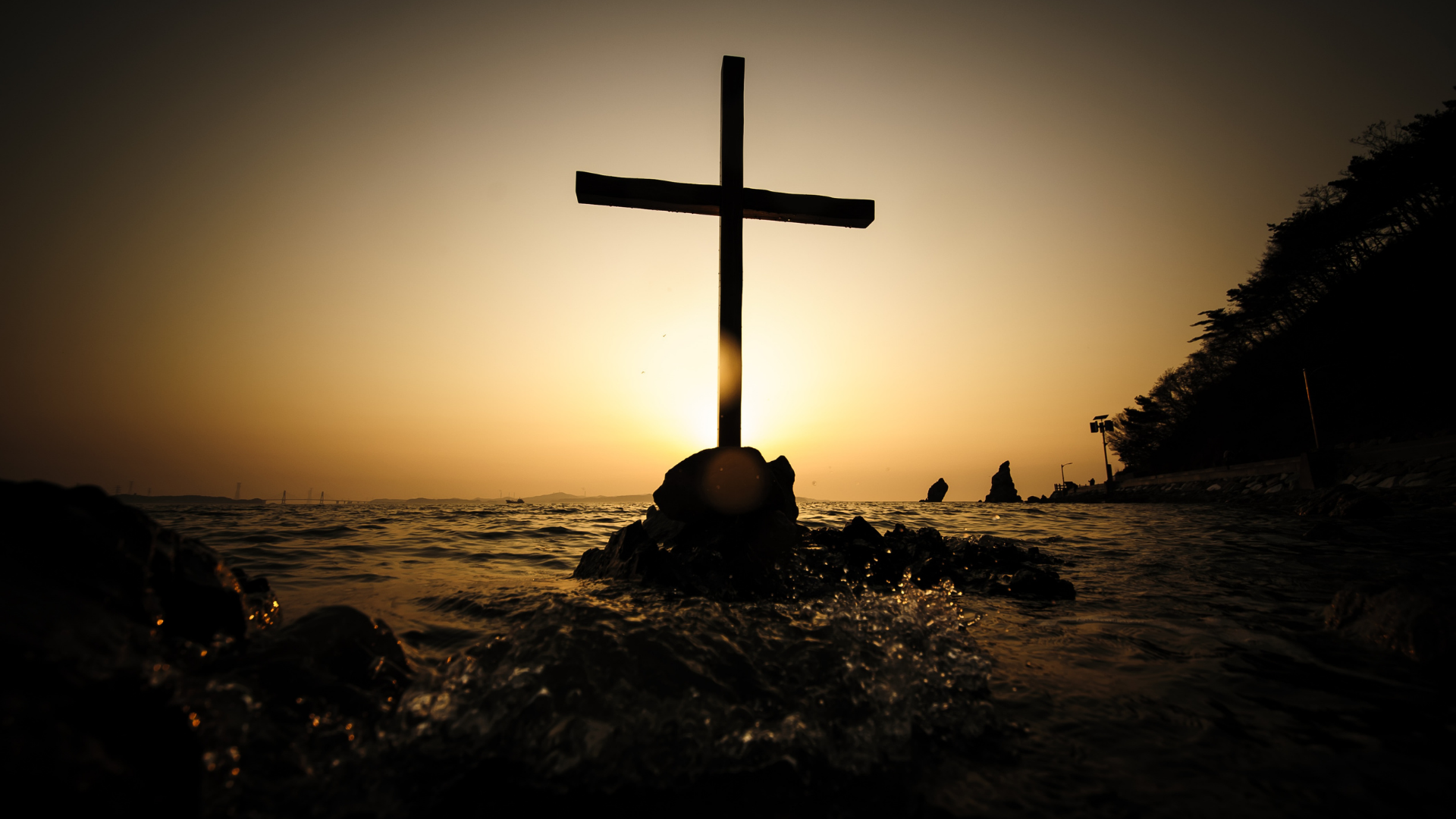
Retreat Centers contribute to the work of peace, justice, and healing in the world in a variety of ways. Throughout its history, Mount Olivet Conference & Retreat Center has sought to offer rest and renewal for persons and groups actively engaged in this work. Central to our mission, as an affiliate organization, of Mount Olivet Lutheran Church, is a commitment to racial equity and justice. In this post, Reverend Chris Dorsey begins a two-part exploration of the theme of Pursuing Justice, the topic of last week’s virtual workshop and part of our ongoing “Living Well, Leading Well” series.
As Christians, when we think about pursuing justice, we have to begin with a well-grounded understanding of Christian community and the purpose of Christian community. When we think about the meaning and purpose of community, we often think about being together, supporting one another, encouraging each other, and meeting each other’s needs. But as we broaden our thinking about Christian community and its relationship to the world around us, we might be compelled to ask questions about the relationship between Christian community and the extraordinary needs and the pervasive injustices we see in the world.
In my work as a theologian and an educator, I spend a lot of time focusing on helping people think about what it means to work toward building a more just society, where oppression and marginalization do not undermine the dignity of persons created and loved by God. One of the key areas I focus on is the persistence of injustice concerning racism in our society. This is no small ambition, given that we are talking about deeply embedded and systemic racism that has been part of the North American context for over 400 years.
In addressing racism, we have to recognize that there are structural realities to our ways of being a democratic society that regrettably undermine our desire for justice and equity. In fact, when we peel back the layers of our current society and the history of our country, one of the things we value most, has also led to some of the most pervasive patterns of discrimination and oppression. While democracy has largely been seen as a gift to humanity, in terms of the underlying principle of popular sovereignty, in the case of race and the experience of African Americans, that same concept has disadvantaged and oppressed African Americans since day one of the democracy and even well before.
The process was simple. A white majority decided to enslave a Black minority. And even when some in the majority desired to end the practice, they never seemed to be able to end the system of North American chattel slavery. For those who wanted to end the injustice of slavery, the best they could do, from time to time, was compromise. The Three-Fifths Compromise, the Missouri Compromise, the Compromise of 1850, the Compromise of 1877, and the list goes on and on. When trying to address issues of systemic injustice and oppression, you really can’t “compromise” your way to justice. For example, if a factory is polluting the water supply and it’s making people sick and even killing them, you can’t just compromise and reduce the poison by a percentage. It’s still poison. It’s still going to sicken and kill people. That is how systemic racism has worked in this country. It’s still making people sick and killing people, despite all the compromises over the years.
As Christians, we can do better.
We must recognize that there are times when we are called upon to resist the urge to fall back on an uncritical trust in democracy itself. The Christian church did not start out as a majority religion. It started out as a religion that was marginalized and oppressed. In fact, many of the teachings of Jesus focus on how to care for and improve the lives of marginalized and oppressed people. It becomes increasingly difficult to do that when you are in the majority and you are increasingly concerned with maintaining the majority’s way of life and protecting the resources of the majority. But the Bible is clear: Christians are not to focus on maintaining majority power and privilege. Christians are called to be concerned with the needs of “the least of these” in society.
That phase “least of these” has a two-fold meaning. On one hand, it is about those who are most vulnerable in society. In another sense, it is about those who are part of a numerical minority that has persistently been neglected and discriminated against in a society. It is important to understand that racism is about the systemic patterns of discrimination and neglect that have been undergirded by a dangerous byproduct of majority rule.
Throughout much of the history of the United States, racism and democracy have been unfortunate bedfellows. As great a system of governance as our democracy is, democracy alone won’t fix the problems of systemic racism that are an actual byproduct of democracy itself. We need to be able to ask tough questions of ourselves as Christians. How do we as people of faith, living in community, find better ways of leading in the pursuit of justice?
We start by understanding that our faith is not supposed to be marshalled in support of any one form of governance. Rather, we are to be a community of believers doing the work of Christ in the world. And sometimes, that may mean rescuing the dignity of the oppressed, from the sometimes distorted and unjust byproducts of majority rule. This is what our sacred texts call for, and this is the goal toward which our theology should direct us.
The Reverend Chris Dorsey is president of Higher Education Leadership Ministry of the Disciples of Christ. He has served churches and seminaries in a variety of roles throughout his career: pastor, assistant professor of systematic theology and preaching, university chaplain, and Vice-President of Development & Marketing. He lives in Indianapolis, IN with his daughter, Alanis.